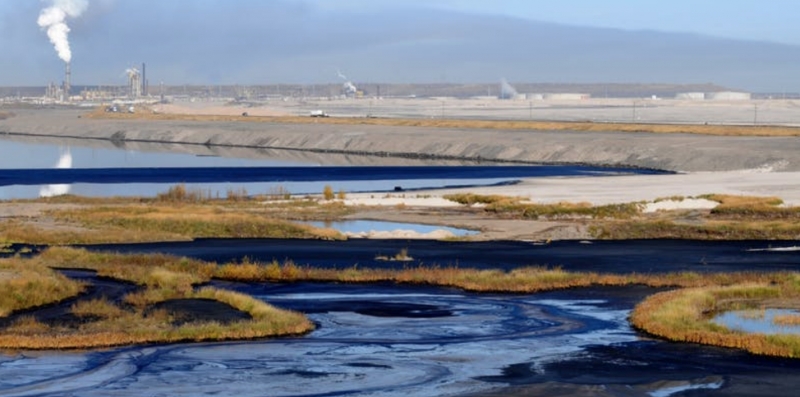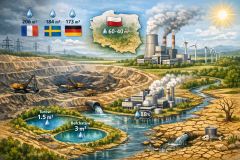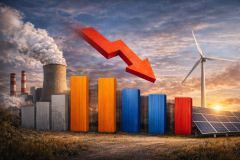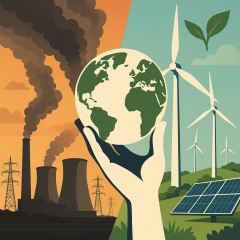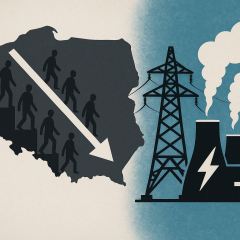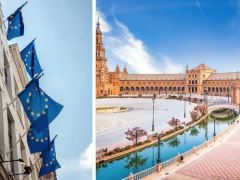Water & coal mining: How EU water legislation will help us go #BeyondCoal
Description
Background
Europe has been experiencing one of the hottest summers since measurements started with record breaking temperatures since June. At the same time a drought has diminished crop yields of farmers in many European countries. Climate change and changing rainfall patterns indicate such circumstances will be experienced with increased strength and duration in the future. It is thus even more important to examine tools we have to protect one resource that so far has no substitute - water.
Coal mining is bad news for nature and people - it’s a big polluter and contributor to the climate chaos, stretches water resources thin, and forces communities to relocate. The EU's water legislation - the EU Water Framework Directive (WFD) - has protected and needs to continue protecting water resources and prevent further destruction from the mining industry. The ongoing fitness check evaluation of the WFD needs to look into the co-benefits of coal mining phase out and achievement of the WFD objectives of preventing deterioration of EU’s water resources and bringing our freshwater ecosystems back to good health.
Programme:
8.00 - 8.10 Welcome of the participants plus presentation of the agenda by moderator Kuba Gogolewski, Fundacja “Rozwój TAK - Odkrywki NIE”
8.10 - 8.25 Veronica Manfredi, DG Environment: "The state of play in WFD implementation and ongoing Fitness Check evaluation of the WFD"
8.25 - 8.40 Csaba Vaszkó: "How is the coal industry impacting on and impacted by water?"
8.40 - 8.55 Sergiy Moroz, European Environmental Bureau: “Recommendations from the NGOs for the fitness check evaluation of the WFD”
8.55 - 9:15 Dominika Bobek, Fundacja Frank Bold: “New coal and lignite mines slowing down achievement of the Water Framework Directive goals. A legal study on the transposition of the Water Framework Directive in Poland”
9.15 - 9.30 Nikos Mantzaris, Green Tank: “Lignite plants and water pollution in Greece”
9.30-10:00 Questions and discussion with the online and offline participants



